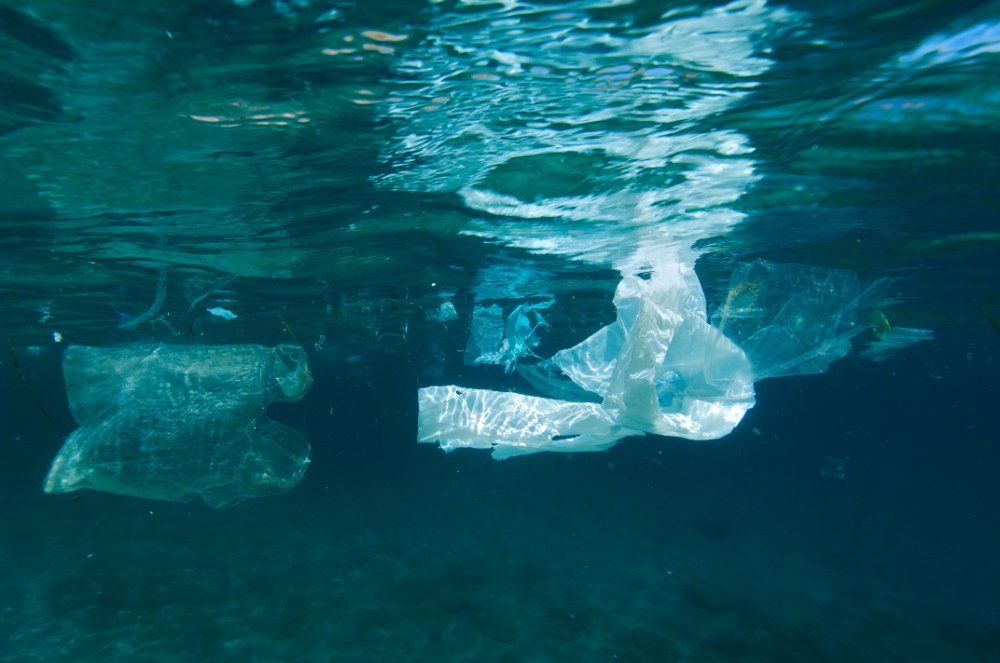“Don’t discard ‘Biodegradable’ plastics at sea” asks a new report from the United Nations because biodegradable plastics don’t disintegrate in the ocean.
Complete degradation of biodegradable plastic occurs when none of the original polymer remains, a process involving microbial action (i.e. it is broken down to carbon dioxide, methane and water) but this process requires microbes found in soil and prolonged temperature above 50°C. Such conditions are rarely met in the marine environment.
“When plastics get in the ocean, the rates of degradation are even lower because UV light penetration and heat are limited,” said Peter Kershaw, coauthor of the UN study. “It’s cold, there’s less oxygen. So it’s just going to stay at sea for an extremely time.”
A further disadvantage of the adoption of ‘biodegradable’ plastics is the need to separate them from the non-biodegradable plastic recycling to avoid compromising the quality of the product. In addition, there is some albeit limited evidence to suggest that labelling a product as ‘biodegradable’ will result in a greater inclination to litter on the part of the public.
Further, adoption of plastic products labelled as ‘biodegradable’ will not bring about a significant decrease either in the quantity of plastic entering the ocean or the risk of physical and chemical impacts on the marine environment.
More specialised polymers may break down more readily in seawater, and future regulations may require they be used in marine products like fishing net, but, there is the concern that such polymers will compromise the operational integrity of the product. In addition, they are much more expensive to produce and financial incentives may be required to encourage widespread adoption.
According to the report plastics in the oceans are a result of several decades of poor waste management, influenced by a failure to appreciate the potential value of ‘unwanted’ plastics. Plastic waste is a serious concern in the world’s oceans, where as much as 20 million tonnes of plastic ends up each year.
This is important news for the shipping industry because, according to one source familiar with environmental regulations, the IMO will consider amending MARPOL and “responsible shipping companies should start informing crews that it is not ok to discard plastic labeled ‘biodegradable’ in the ocean”.
Copyright Ships & Ports Ltd. Permission to use quotations from this article is granted subject to appropriate credit given to www.shipsandports.com.ng as the source.

